Description
Low Stock Blowout – Only 37 pounds left!
Principal harvest months in Pichincha are June to September, but farms often continue picking through December. Ecuador’s namesake position on the Earth’s equator means that medium-altitude coffee enjoys practically a perfect year-round growing season, often with flowering and ripe cherry sharing the same branch most months. For small farms this means a small but long-term labor force to manage the slow, perfectionistic work required for such a drawn-out harvest.
A high scoring, super fresh Ecuador lot. Crafted by our buddies up @ Cafe Imports through a couple of high end estates. Small holder coffee is grown outside of the estates by farmers who do not have their own processing equipment. Where we do not have personal friends, we like supporting Cafe Imports small holder coffees, they maintain great relationships direct with the farmers and estates to insure top quality beans that you can feel good about, this is one of the tastier but still affordable Ecuadorian coffees that we have seen. Similar to Panama, Ecuador’s coffee production is mainly specialty based, which makes it small scale and on the expensive side. Most will think its worth every penny on this specific lot.
Tasting Notes: With a higher industry rating comes a plethora of bright, fruity and floral tones. Clean cup; tasty from light to dark. A crisper higher acidity cup especially at lighter roast points, still floral with a crisp edge at darker roasts. Medium bodied and on the sweeter side, the fruitiness is more tangy and citric with a floral spin, a little green grape like. The lighter tones balance nicely with darker hints of nutty/caramel/chocolate. A little finicky in the roaster (like most higher acidity cups) but easy to get a tasty cup all in all. One can put emphasis on the floral and fruity tones by sticking on the lighter roast end, or put the taste emphasis on the darker nutty/chocolaty tones by dragging out the roast and shooting a bit darker. A fun bean to play with.
Roasting Notes: Easy to get a good cup but can be a little sharp if you roast quick and shoot light, will limit the audience who loves it. A good bean to drag out a bit in the roaster (Gene or Behmor profiles work great, air-roasters may want to stick at lower temps for longer), develop the depth of flavors and reduce a bit of the brightness. A longer setup also makes a huge difference, most will think best around day 3-4 after roasting. Medium to low chaff and even roasting. To see it shine, start with a medium roast, too light or too dark and much of the subtle tones will be cover up or lost. Adjust for personal taste preference though depending on what you traditionally like.
In addition to coffee it is common for farms in this area to grow any combination of potatoes, plantains, corn, sugar cane, cacao, soursop and chirimoya, and heart of palm. As everywhere in the coffee world, harvest on small farms typically involves the whole available family as well as hired pickers. Coffee in Pichincha is processed at home on personal equipment and dried on hand-made structures and greenhouses.
Cherry is depulped immediately after picking and fermented in sealed tanks (known as “anaerobic” fermentation) for 1-2 days. After fermentation, the parchment is thoroughly washed and moved to raised beds under shade canopy for a slow and even drying stage.
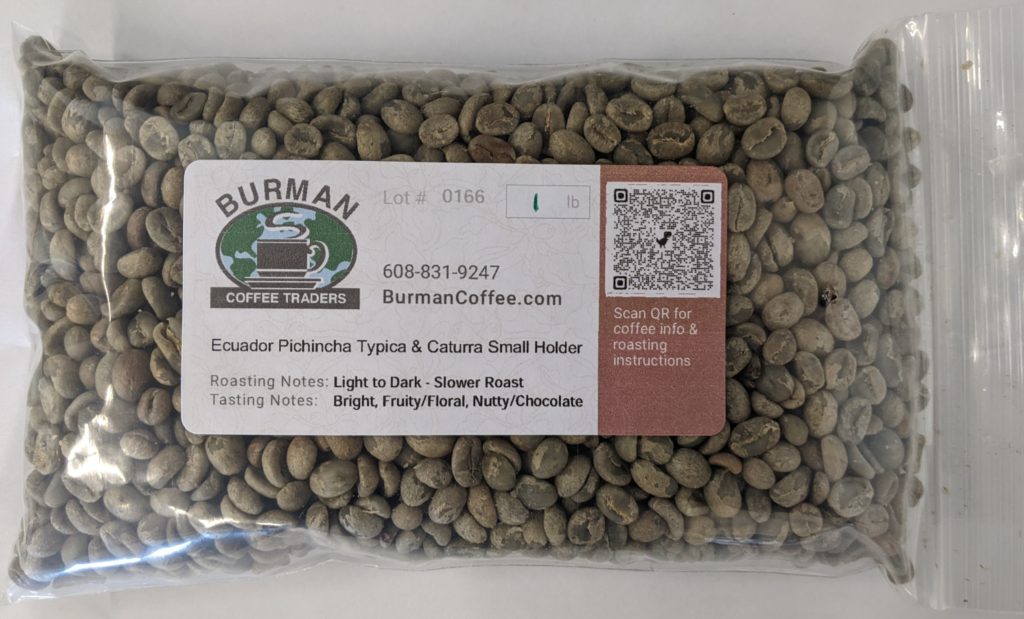
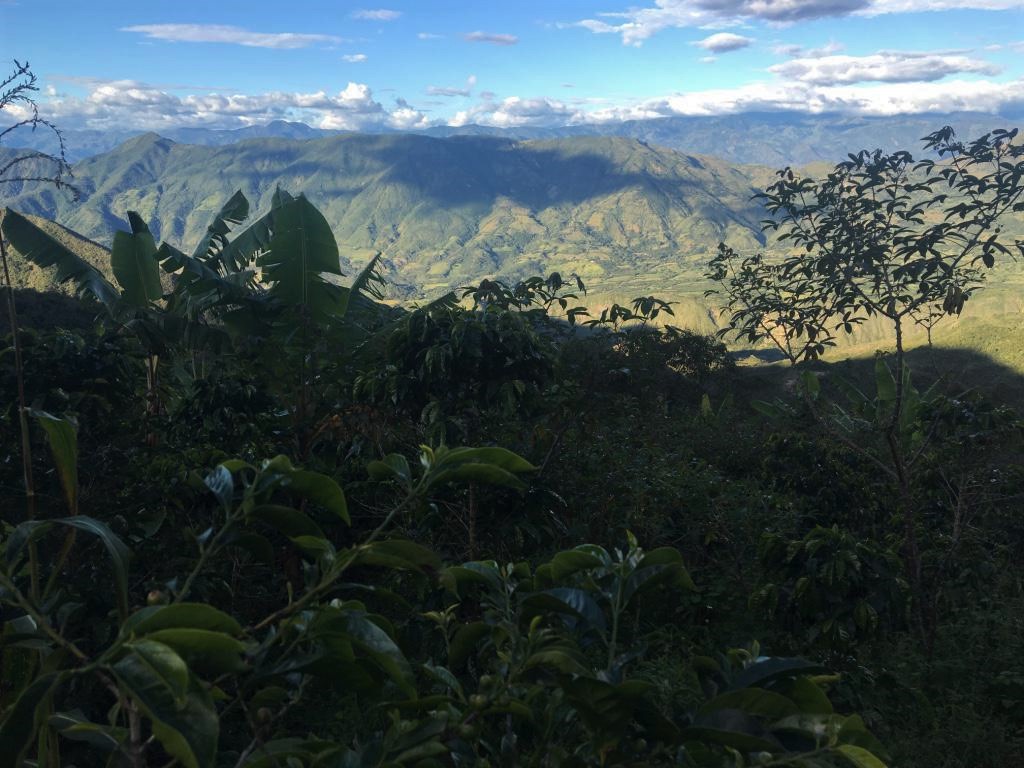
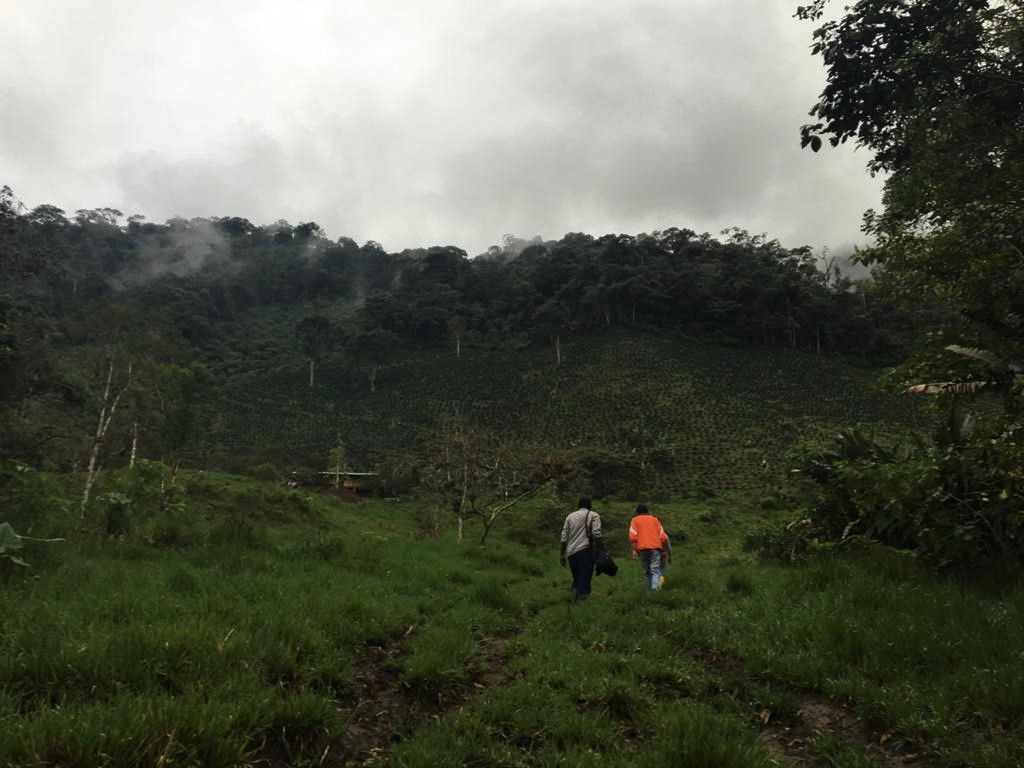


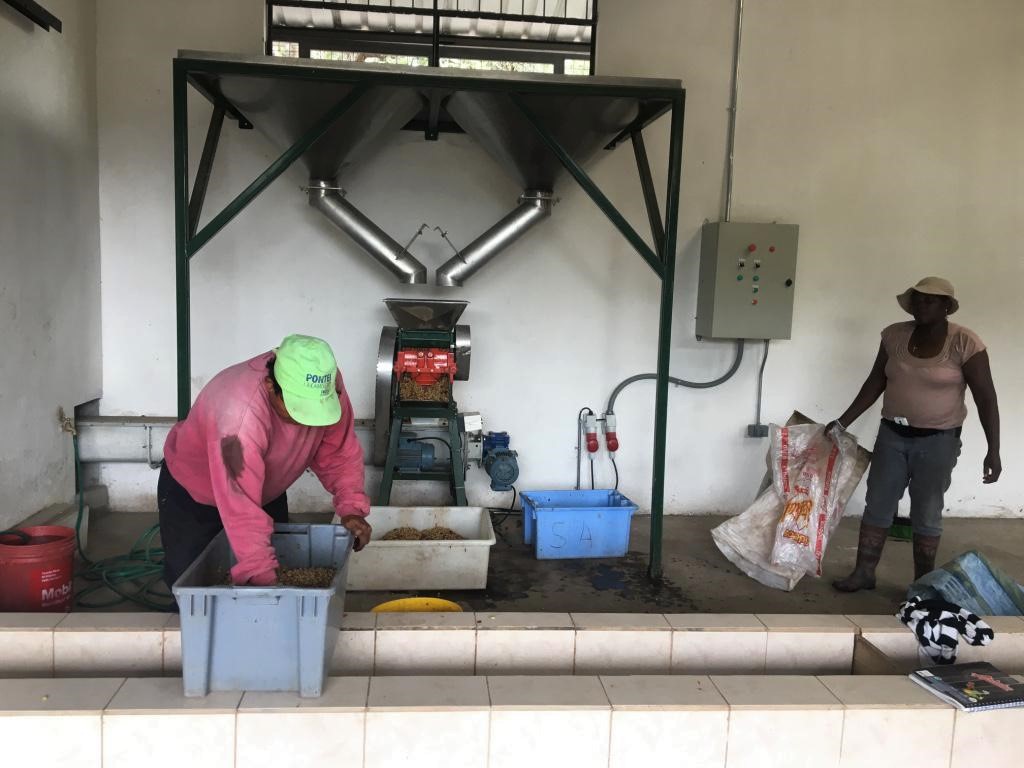
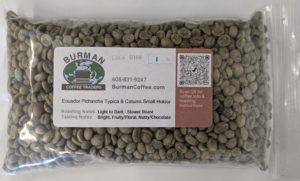
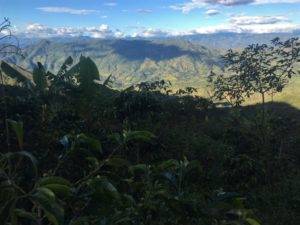
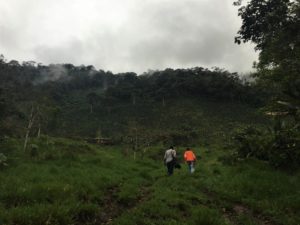
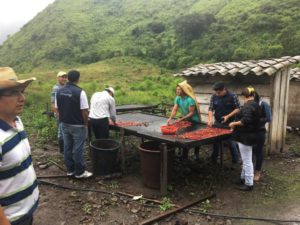
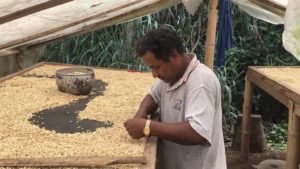
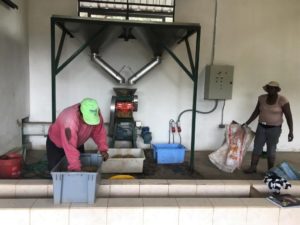

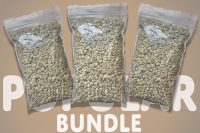
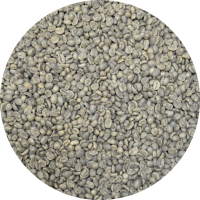
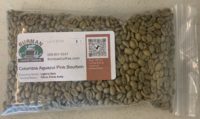

Reviews
There are no reviews yet.